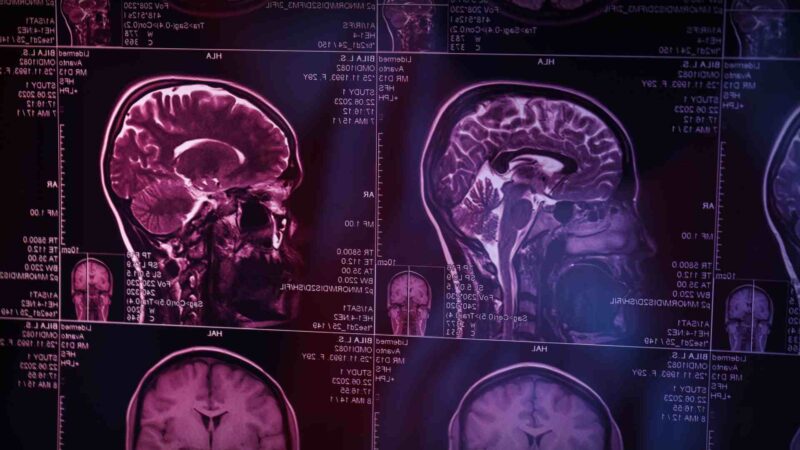RESEARCH CASE STUDY Role of Exercise in Metabolic Associated Fatty Liver Disease (Filmed 2024)
Dr. Shelley Keating AES AEP* is an Accredited Exercise Physiologist, a researcher, and a senior lecturer at the School of Human Movement and Nutrition Sciences at the University of Queensland in Brisbane, Australia. Dr. Keating’s research primarily focuses on the role of exercise in the management of metabolic dysfunction associated steatotic liver disease (MASLD), previously known as non-alcoholic fatty liver disease. MASLD affects a significant portion of the global adult population, with many individuals unaware of their condition.
The condition is strongly linked with the development of Type 2 diabetes, heart disease, and various liver-related consequences. Dr. Keating’s research emphasises lifestyle interventions, particularly the role of exercise, in managing MASLD. Her work has shown that aerobic exercise, independent of weight loss, plays a crucial role in reducing liver fat and improving liver health.
Through clinical trials, Dr. Keating and her team have explored the impact of different doses of supervised aerobic exercise on individuals with obesity and MASLD. Their findings suggest that aerobic exercise, at various durations and intensities, yields benefits for reducing liver fat. They recommend 150 to 240 minutes of moderate to vigorous intensity aerobic exercise per week as beneficial for improving liver health. Moreover, even lower doses of exercise, such as 135 minutes per week, have shown positive effects.
Dr. Keating has collaborated with Exercise and Sports Science Australia and international experts in creating exercise guidelines for the management of MASLD, which have been adopted in numerous policies and guidelines worldwide. Currently, her focus is on designing tailored exercise solutions to help individuals living with MASLD sustain long-term exercise behaviours based on their needs, perspectives, and experiences.
* AES is the acronym for Accredited Exercise Scientist (AES), AEP is the acronym for Accredited Exercise Physiologist
You Might also like
-
Cellular mechanisms of traumatic brain injury & concussion
Professor Melinda Fitzgerald is Deputy Vice Chancellor, Research at Curtin University, John Curtin Distinguished Professor and CEO of Connectivity Traumatic Brain Injury Australia.
She has published over 135 papers; recent highlights include Lancet Neurology, J Neuroscience, Nature Nano, ACS Nano, Biomaterials. Currently held grants/Projects total $10.1 million; CIA for $5.2 million of these; $18.5 million total research and equipment funding, $9.9 million as CIA; continuous category 1 grant funding as CIA since 2009.
-
Investigating new approaches to target plaque inflammation in atherosclerosis
Associate Professor Peter Psaltis is an Academic Interventional Cardiologist who holds Level 2 NHMRC Career Development and National Heart Foundation Future Leader Fellowships. He has Faculty positions within the University of Adelaide, Central Adelaide Local Health Network (CALHN) and South Australian Health and Medical Research Institute (SAHMRI). Within SAHMRI, he is the Co-Theme Leader of the Lifelong Health, Program Leader of Heart and Vascular Health and Co-director of the Vascular Research Centre in the Lifelong Health Theme.
-
CASE STUDY Large scale genetic study finds link between Irritable Bowel Syndrome & cardiovascular system
Research published April 2024 in the journal Cellular and Molecular Gastroenterology and Hepatology sheds light on disease mechanisms common to irritable bowel syndrome (IBS) and cardiovascular diseases (CVD).



